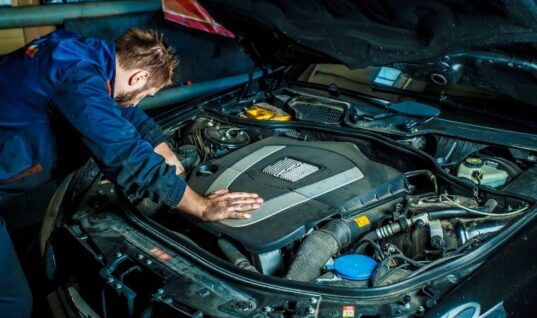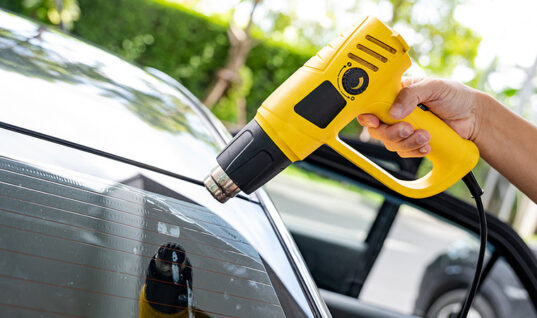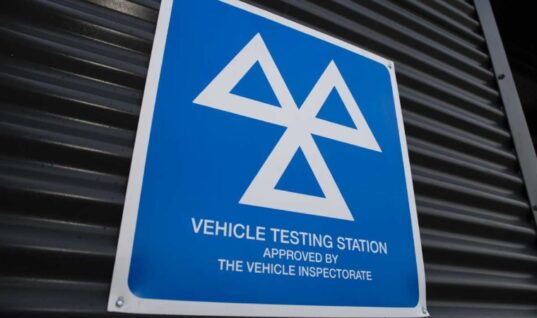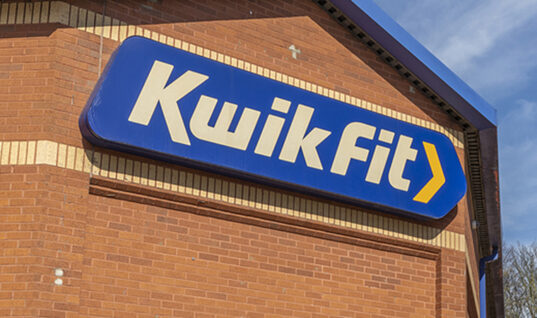ZF Aftermarket is this week encouraging workshops to regularly remind their customers to drop in and to have their brake fluid changed.
Brian Newell technical field sales manager, ZF Aftermarket, said: “Brake fluid plays an important role in ensuring that the brake system runs smoothly and therefore in maintaining driving safety.
“As the consistency of the brake fluid changes over time, the fluid must be changed regularly to prevent deterioration in brake force, or in the worst case scenario, brake failure.”
Back to basics: brake fluid operation
Brake fluid flows into tubes which connect the brake pedal with the pistons of the disc brake or the foundation brake cylinders of the drum brake.
When the brake pedal is applied, brake fluid transfers this force into pressure to the front and rear brakes and stops the vehicle.
It works because liquids are incompressible.
A brake booster further supports this process.
Brake fluid condition
Various influences can greatly affect the condition of the liquid over time, according to ZF.
A ZF spokesperson said: “Severe overheating, which can happen if the brakes are overused on a hill, for example, can raise the boiling point of the liquid.
“This is called an evaporative reaction and in turn can lead to the formation of bubbles.
“When the pedal is pressed again, the air bubbles are compressed, but hardly any force – if any – is transmitted.
“The lack of power transmission ultimately leads to a brake failure.”
Water absorption
Over a period of time, brake fluid can absorb water through small gaps in the joints of pipes and hoses and this can seriously affect the way in which it performs.
“The weak point is often the ventilation hole in the cover of the tank, which provides necessary ‘atmospheric’ ventilation to deal with fluctuating brake fluid levels,” the spokesperson adds.
“However, atmospheric humidity can also enter in this ventilation hole. In addition, water can make its way into the overrun tank when the engine or the vehicle is cleaned.
“The brake hoses and sealing elements can also be responsible for increased water content in the brake fluid, as water can diffuse through them.”
On average, brake fluids have a water content level of around 0.05 per cent, which increases year on year.
Fluid boiling points
When the three per cent mark is exceeded, the boiling point of the fluid drops from between 205 and 260°C, the dry boiling point to between 140 and 180°C, the wet boiling point.
“If the water content exceeds 3.5 per cent, it’s vital the fluid is changed as the wet boiling point has been breached, and the brake fluid could now boil under braking causing untold danger.”
ZF Aftermarket offers a broad portfolio of TRW brake fluids which covers most vehicle types.
TRW brake fluids ensure optimal braking from -50°C to +50°C, protection against corrosion and react quickly to the system sensors installed in the latest brake systems, such as ESP.
For further information about ZF Aftermarket, select ‘more details’ below.







